There’s nothing quite like a film that purports to be historical completely failing to present an accurate version of the time period it depicts. Whether it’s a period piece about an antiquity or a war movie that just missed the mark, these 15 movies just didn’t understand the assignment.
The Imitation Game
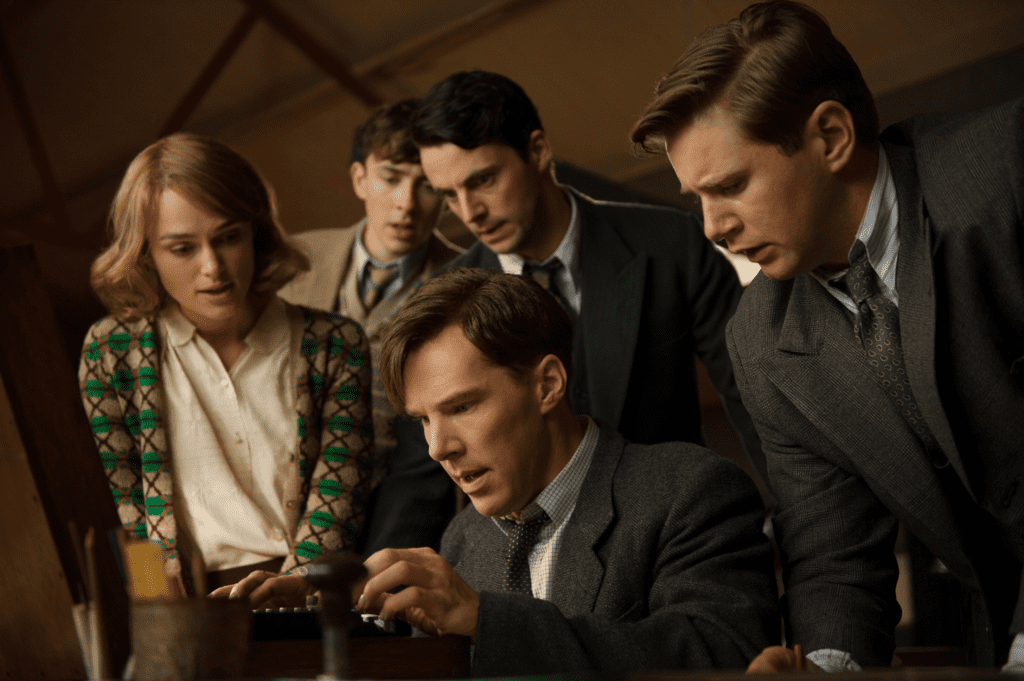
Alan Turing didn’t live that long ago, and yet, The Imitation Game gets a lot of details about his life wrong. In particular, the film wrongly asserts that Turing was blackmailed by John Cairncross, a Soviet spy, into not revealing his identity. In reality, it’s unlikely the two ever even met.
Pearl Harbor

The film Pearl Harbor is misleading, to say the least. While the surprise attack on the American Navy stationed in Hawaii certainly claimed many lives, the film incorrectly depicts Japanese fighter pilots targeting civilian buildings. In reality, the Japanese military specifically avoided attacking civilian infrastructure during the air raid. Director Michael Bay didn’t make matters worse when he said he fabricated the attack on civilians to make the military action look more “barbaric.”
Braveheart

This is the one you were expecting to see when you clicked on this article, isn’t it? Yeah, this Mel Gibson movie was a popular flick, but it’s basically a fantasy film that uses the name “Scotland” instead of “Narnia.” Everything from the blue war paint to William Wallace’s family background is just completely off the mark in this one.
Apocalypto

Mel Gibson doesn’t have the best record when it comes to “historical” films, huh? Yeah, Apocalypto bears no resemblance to reality. The Mayan civilization was not populated by bloodthirsty, monstrous raiders. They were actually a very advanced culture that would have clashed openly with a society as violent as the fictional version of them the movie presents.
The Patriot

Look, we’re not trying to pick on Mel Gibson here… wait a minute, yes, we are. Mel Gibson’s “historical” movies are works of fiction that vaguely nod at history while just going off and doing their own thing. Gibson’s film portrays Francis Marion as a family man and the Revolution-era British as essentially fascists, which are both laughably false claims.
Cool Runnings
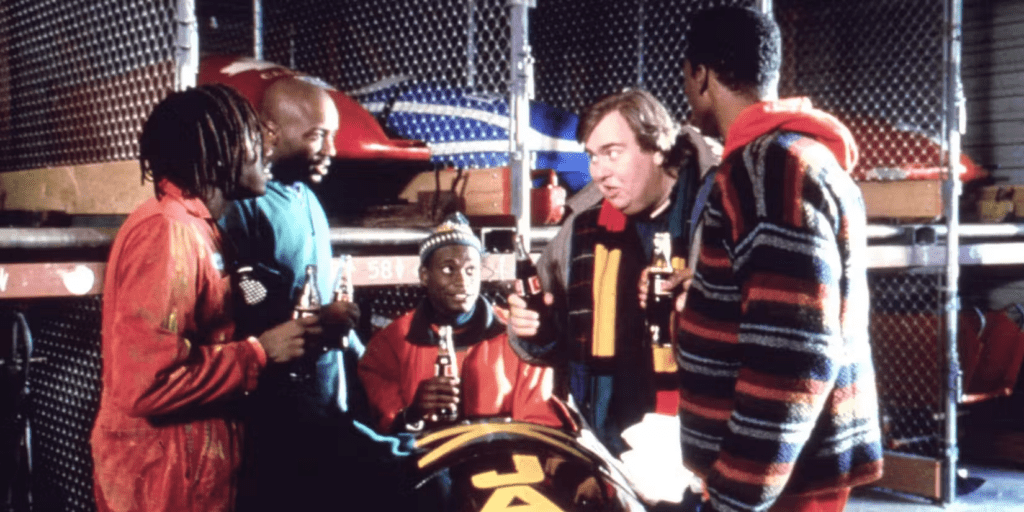
Cool Runnings is an all-time great sports movie, and certainly the last one you’d expect to quibble with. Sadly, it does get quite a few things about the 1988 Jamaican Bobsleigh team wrong. The real team wasn’t ridiculed by the public. Instead, they were met with a warm welcome from the Olympic community due to the positive press coverage and delightful scenario of their very existence. Seriously, say the words “Jamaican bobsleigh team” out loud, right now, and tell me you didn’t just crack a huge smile.
Argo
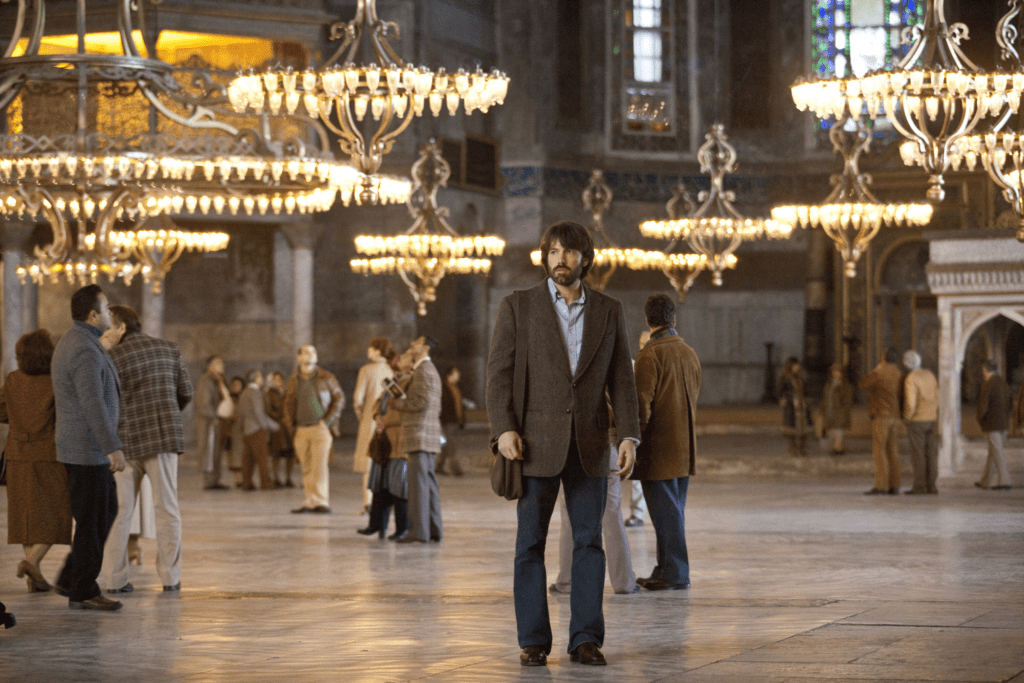
Argo is a great movie, but it’s wildly inaccurate about the specifics of the way numerous countries worked together to rescue the hostages in the real world. Canada, in particular, is strongly downplayed in the movie. The real-world Canadian ambassador, Ken Taylor, has said that the film significantly omitted the country’s bravery during the crisis.
Foxcatcher

Foxcatcher is one of Steve Carrell’s best movies, but it warps reality in a few important ways. The real Mark Schultz says he was much more wary of John du Pont than the film makes him out to be, and he claims he didn’t move in with du Pont as quickly as his character in the film does. He also rejects the film’s presentation of the two of them being involved in a physical relationship.
Bonnie and Clyde
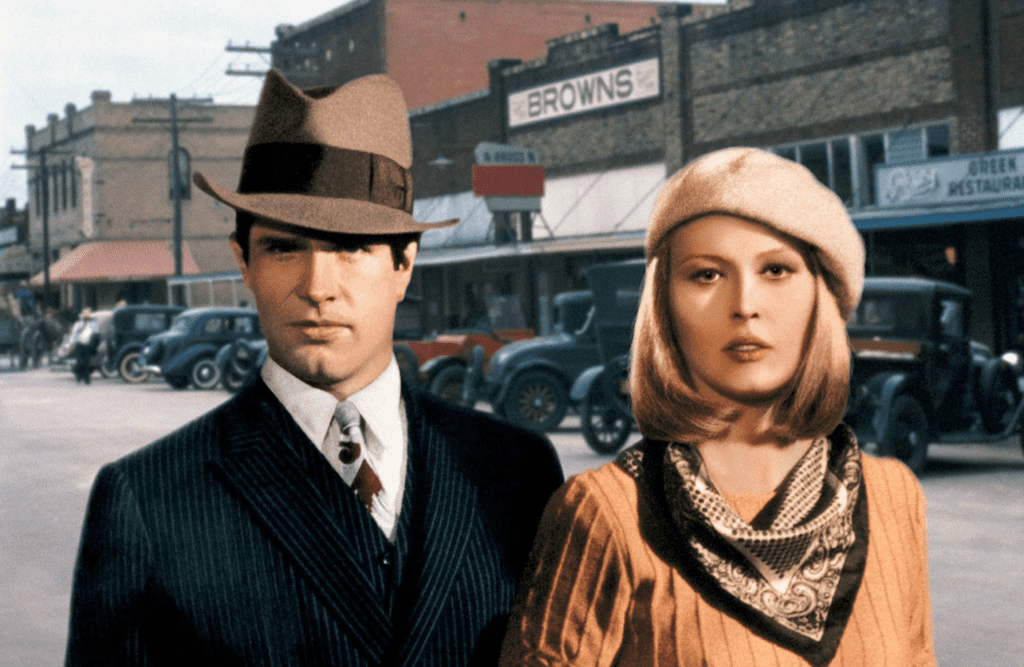
This crime-centered biopic supposed tells the story of Bonnie Parker and Clyde Barrow, notorious American criminals who earned reputations as “Robin Hood”-style robbers. In reality, unlike what the film presents, Barrow steered the couple toward robbing small-town gas stations and grocers, as poor people were more defenseless than wealthy banks.
10,000 BC

Where do we start with 10,000 BC? It’s just not even close to reality. The timeline in this film is all over the place, with wooly mammoths being shown helping build the Egyptian pyramids. This would put the construction of even the oldest pyramids a full 8,000 years before it actually happened.
JFK

Oliver Stone took more than a few creative liberties with his biopic JFK. While it’s phenomenal in terms of filmmaking, its loose interpretation of history is problematic, to say the least. Using real-world footage but fictionalized versions of events can even be seen as dishonest, such as in a scene when the real-world person David Ferrie, played by Joe Pesci, admits to a massive conspiracy. Ferrie himself never admitted anything of the sort, despite the film portraying the events as reality.
300
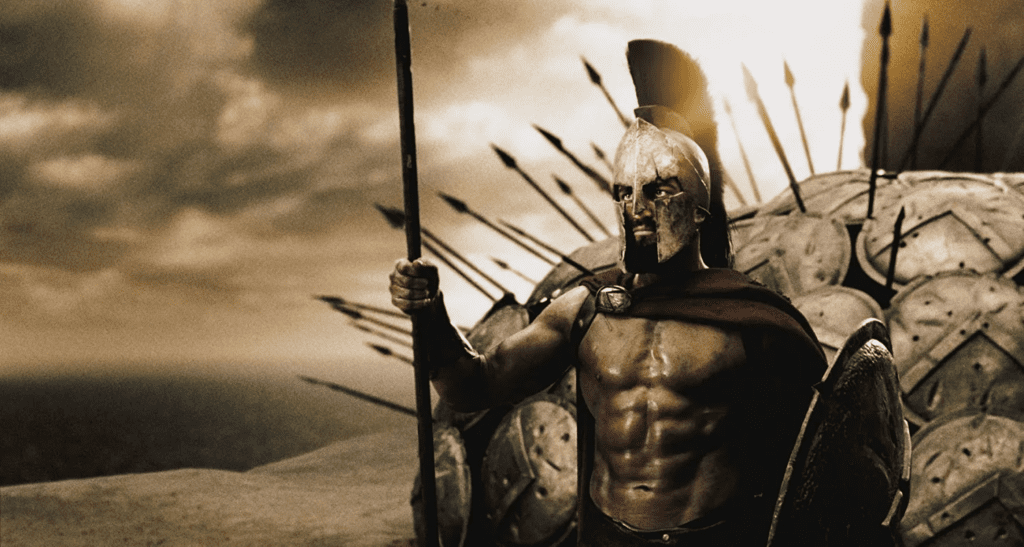
Zack Snyder’s 300 might look cool in some shots, but it’s about as far from reality as a “historical” film can get. You can partially blame Frank Miller for this, since he wrote the abysmal comic book this overrated series of moving images is based on. In reality, there were just 300 Spartans guarding the narrow pass of Thermopylae… as well as thousands of other Greek warriors that formed an allied coalition to stop the Persian invaders.
Gladiator

Gladiator is one of Russel Crowe’s best movies, but the real-world gladiatorial battles of Rome weren’t like the movie shows. In reality, the best fighters of the Colosseum were prized celebrities, and battles between them would end with surrender or first blood, whichever came first. Battles to the death were only for criminals or prisoners of war and were a form of state-sanctioned execution.
Read More: 10 Historical Myths the Movies Taught Us
Hamilton

While the musical (and movie) Hamilton might have reignited interest in the American Founding Fathers, it gets quite a few things wrong in the name of simplifying and dramatizing Alexander Hamilton’s life. Notably, Aaron Burr is presented, again, as an amoral villain. This is common but still no less reductive, as both Burr and Hamilton were flawed men. Burr just happened to be a better shot.
Read More: Unforgettable Biopics: The Top 10 of All Time
U-571

This WWII movie is about a supposedly real mission in which the crew of an American submarine steals an enigma machine from a German U-boat is rife with inaccuracies. In reality, it was a British ship that damaged an attacking U-boat that saw the Allies seizing paperwork that decoded the enigma machine. And, what’s more, Alan Turing’s work had already cracked the code a year before the Allies ever seized these papers.
Read More: These Biopics Are Great… But Horribly Unreliable







